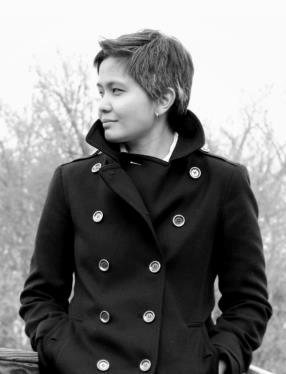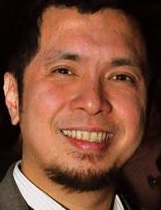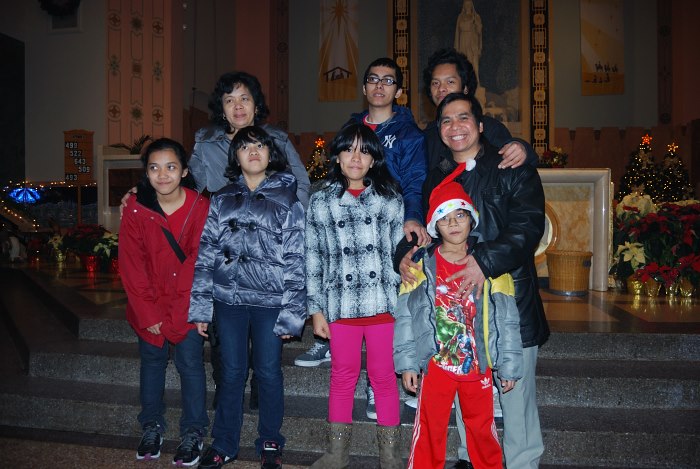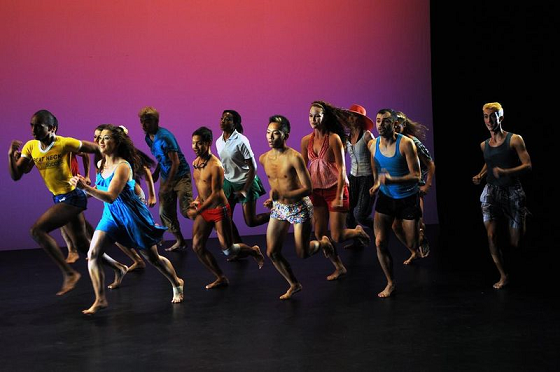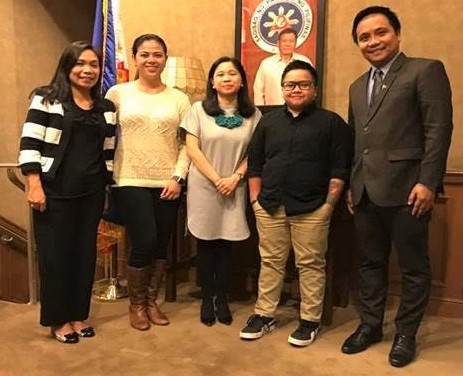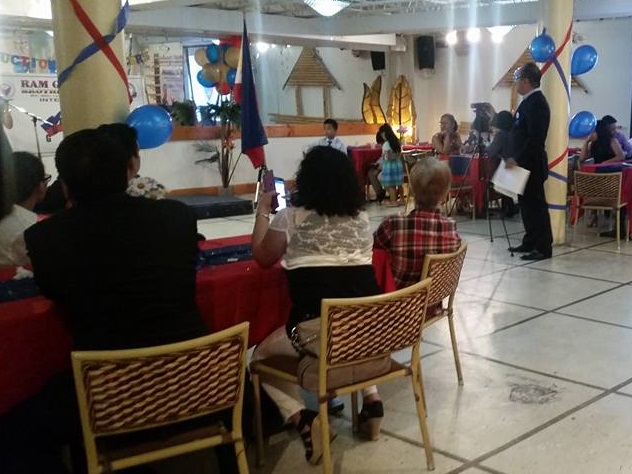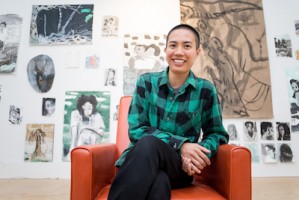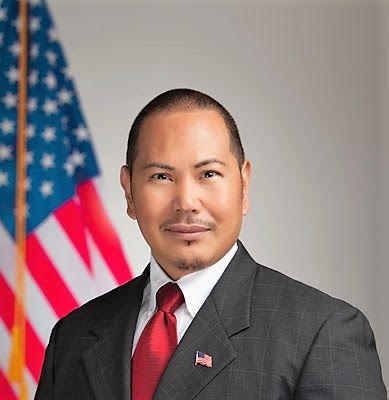Lifting the shroud of shame on Domestic Violence, FilAm youth share stories of abuse
By Cristina DC PastorLeani Auxilio loved her father dearly. He was, in good times, a funny man and a great cook. But when soused with alcohol and he would start beating up her mother, she wished he were gone.
“In one fight, he kicked my mother as they argued over who would give me my medicine for asthma,” the web designer spoke softly, haltingly at the October 28 Philippine Consulate forum, “Breaking Free of Domestic Violence.” She remembered her father holding a lit cigarette to her arm when she was a mere toddler. No reason. Just that he’s had one drink too many.
Kilusan Bautista, too, lived in his own a house of horrors as a young boy growing up in San Francisco. Drugs and alcohol turned his father, then a young immigrant who could not hold down a job, into an ogre. When he was unemployed, “he took out his frustration on my mother.” He blamed racial discrimination and his thick Filipino accent on his inability to find work.
“Children who live in homes where violence occurs cope in various ways. Some children might attempt to keep the peace at home or become high achievers in school,” according to a study on counseling by Laurie Vargas, Jason Cataldo, and Shannon Dickson entitled, “Domestic Violence and Children.”
In the case of Kilusan, the first in his family to go to college, he channeled his frustration to the arts. The cycle of drugs and violence he witnessed at home formed part of the narrative of his spoken word art. Kilusan is a teacher, writer, and performer for his multimedia art called Universal Self.
The forum, the first of its kind in the Filipino American community in the New York area, was organized to raise awareness during Domestic Violence Month. In a community that is often “tight-lipped” about physical abuse, Filipinos need to know that abuse of any form is not to be dismissed as a “family affair,” said Consul General Mario de Leon Jr., in his opening remarks.
“It is the elephant in the room,” he acknowledged. “My suspicion is it is underreported.”
There were 285,000 Domestic Violence reports in New York City last year, according to Lt. Patrick Mulcahy, who heads the NYPD Domestic Violence and Abuse desk. It takes all kinds, from a simple verbal dispute, which is not necessarily a crime, to a grave and systematic form of abuse, which may include human trafficking.
“Help is available,” announced Sarah Flatto, director of Programs and Outreach at the New York City Family Justice Center in Manhattan. She said the city offers “a huge array” of services to victims of domestic violence, as well as elder abuse, sexual assault, intimate partner violence, human trafficking, and child abuse. Victims can simply walk into the FJC and file a complaint. Counselling, legal assistance, even child care are available and so are shelters for the victims as they make the transition away from their abusive relationship, she said.
Flatto added that FJCs are open to victims regardless of age, gender, immigration status or income. “Domestic Violence is one of the top causes of murders in New York,” she said.
RJ Mendoza-Nadal, Community Relations Specialist at Kings County District Attorney in Brooklyn, disclosed 21 reports of intimate partner homicide in the LGBT community in the U.S. in 2012. He said Domestic Violence is commonly “swept under the rug” because of shame. “There is shame that they don’t have the model family,” he said.
Taylor Gamble, a legal fellow at Sanctuary for Families, said there are many reasons victims do not always want to leave their abusers. “Maybe there is love,” she said, “and the hope that the abuse would ease over time.”
Lawyer Carol Tanjutco’s story of psychological abuse followed Leani’s and Kilusan’s testimonials. She and her then-husband battled over custody of their daughter. Being a lawyer, she carefully studied her options. First, she changed her daughter’s name to remove a potential legal claim from the father. Next, she went to Family Court to file an Order of Protection that would stop his harassment.
“Be decisive,” was Carol’s advice to women. “Listen to that voice in your head that tells you you should not live in fear.”

